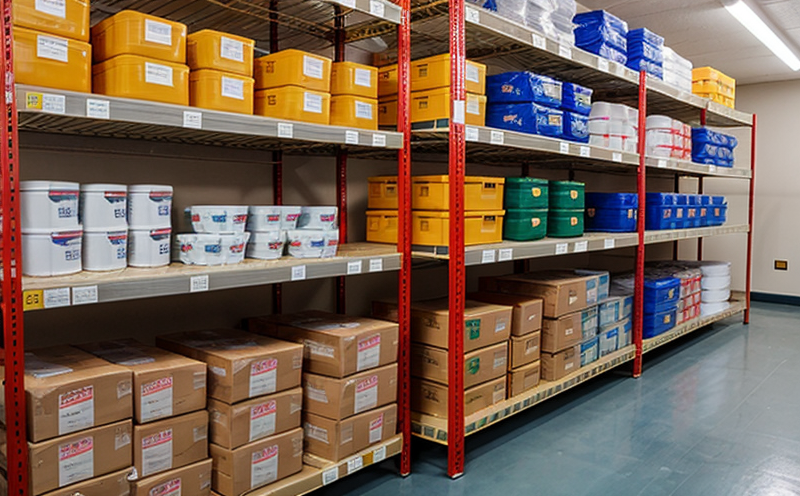Biologic Product Stability Testing
The stability and shelf-life testing of biologics is critical to ensuring product quality, safety, efficacy, and regulatory compliance. This process involves a series of rigorous tests designed to evaluate the stability of biopharmaceutical products over time under various environmental conditions.
Biological products are complex molecules that can be easily affected by changes in temperature, humidity, light, and other environmental factors. Therefore, understanding how these variables impact product integrity is essential for maintaining high standards throughout the supply chain.
The stability testing protocol typically includes accelerated aging studies at elevated temperatures (e.g., 40°C) and relative humidities (75%) to assess potential degradation products within a shorter timeframe compared to real-world conditions. Additionally, long-term stability studies are conducted under normal storage conditions (room temperature).
Other tests may involve forced degradation experiments where the product is exposed to extreme conditions such as high temperatures or light for extended periods to simulate worst-case scenarios. These procedures help identify any early signs of instability that could affect shelf life.
In addition to physical testing, chemical and biological assays might be employed depending on the nature of the biologic being evaluated. For instance, enzyme-linked immunosorbent assay (ELISA), Western blotting, or mass spectrometry may be used to monitor changes in protein structure or activity over time.
Industry Applications
| Application Area | Description |
|---|---|
| Vaccines | Testing vaccine stability helps ensure they remain effective during transportation and storage. |
| Recombinant Proteins | Evaluating recombinant proteins ensures their purity and efficacy throughout the supply chain. |
| Cytokines & Growth Factors | Stability studies for these complex biologics aid in maintaining therapeutic efficacy. |
International Acceptance and Recognition
The International Council for Harmonization of Technical Requirements for Pharmaceuticals for Human Use (ICH) provides guidelines on stability testing, particularly ICH Q1A(R2), which specifies the general principles applicable to all pharmaceutical products. These guidelines emphasize the need for comprehensive data collection during both accelerated aging and long-term storage tests.
Regulatory authorities worldwide recognize these standards as they provide consistent methods for evaluating product quality over time. Compliance with ICH guidance ensures that your biologic passes regulatory scrutiny and meets market expectations.
Competitive Advantage and Market Impact
- Ensures compliance with stringent FDA, EMA, and other global regulations regarding biopharmaceutical stability.
- Reduces risks associated with product recalls due to improper storage conditions.
- Increases trust among consumers who know their purchases are safe and effective.





